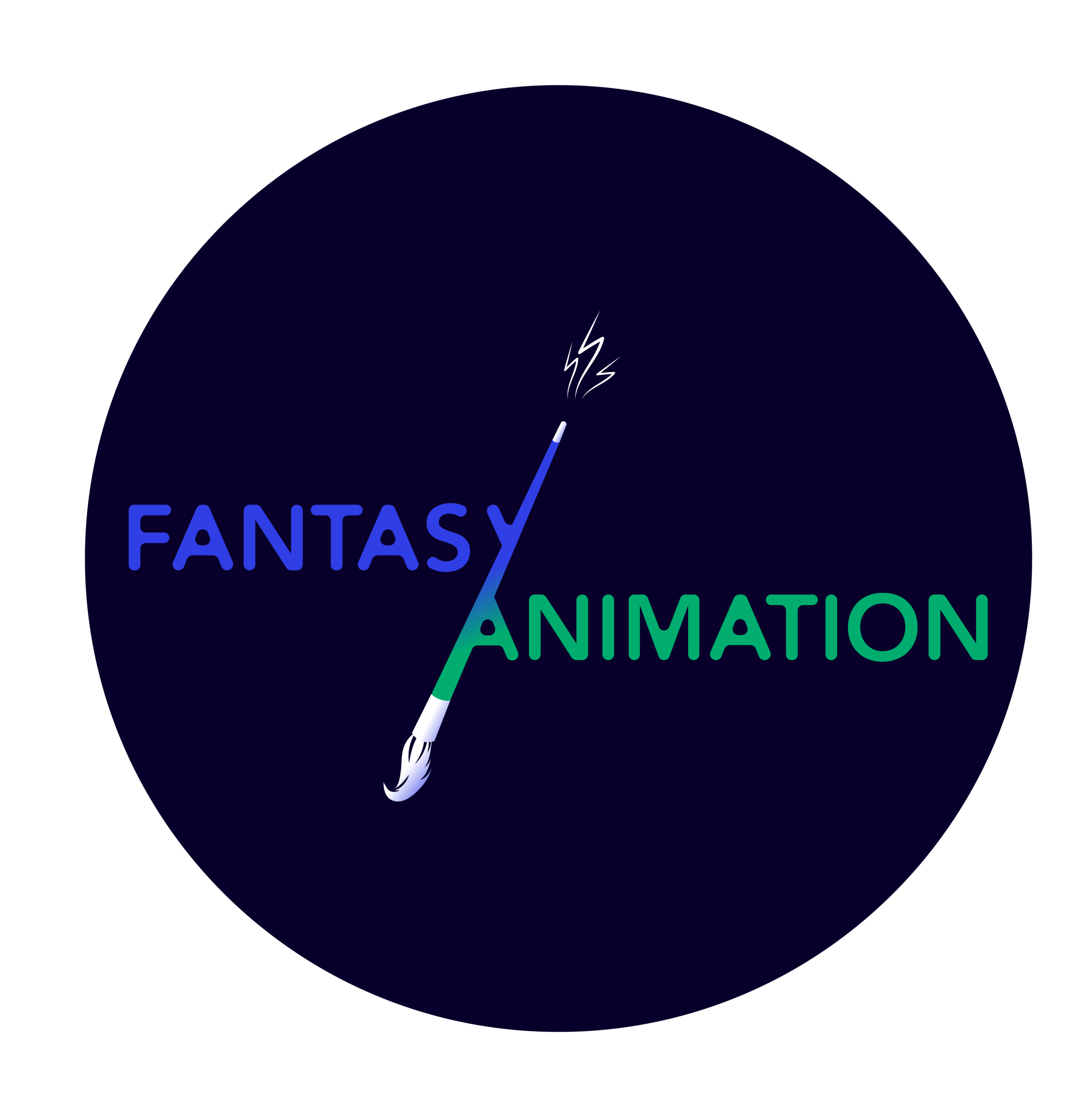Trial of Osiris is a competitive player versus player (PVP) mode for the 2017 online video game Destiny 2. It is one of the most interesting and vibrant modes for battles, where you can demonstrate teamwork in a series of matches. To be more specific, squads of three players compete against each other in a series of rounds to determine the winner of the match. If you manage to achieve flawless status by winning 7 matches in a row, you can earn the best seasonal gear and weapons that will significantly strengthen your guardian.
Read MoreWreck-It Ralph (Rich Moore, 2012) follows the antagonist of a fictional arcade game known as Fix-It Felix. After escaping his 8-bit pixelated world and joining fellow outcast Vanellope von Schweetz in the brightly tinted world of Sugar Rush, the eponymous Ralph learns that their quest for redemption could lead to a massive shutdown of the arcade. Through its visual style and videogame narrative, Wreck-It Ralph felt as if it was calling me and my sector of young gamers, and the animation team at Disney managed to successfully bring in elements of popular gaming tropes and familiar characters to build the many worlds connecting through Game Central Station.
Read MoreWith the celebration this month of the 30th anniversary of Jurassic Park (Steven Spielberg, 1993), the exploration of dinosaurs in popular culture takes centre stage, as this film and its franchise has achieved a vast global impact. But whilst dinosaurs appear at the forefront of popular culture (do they ever really leave?), we are currently considering the possibility of our own extinction event with the increasingly alarming climate news from North America.
Read MoreTrue to the promise of its title, Spider-Man: Across the Spider-Verse (Joaquim Dos Santos, Kemp Powers and Justin K. Thompson, 2023) is an exhilarating and emotional journey that continues to blaze the narrative and visual trail started by its predecessor. Made by Sony Pictures Animation in association with Marvel, the film does not open with the previous film’s Spider-Man, Miles Morales (Shameik Moore) as one might expect. Instead, it shifts the focus to Gwen Stacy (Hailee Steinfeld), also known as Spider-Woman, as she finds herself embroiled in the multiversal machinations of the taciturn, pragmatic Spider-Man 2099, Miguel O’Hara (Oscar Isaac), and his spider society.
Read MoreHad Disney’s Strange World (2022) made more of an impact the internet might well be flooded with articles comparing Don Hall’s latest work with James Cameron’s behemoth sequel, Avatar: The Way of Water (2022). Both explore magnificent simulated environments, examine the complicated dynamics arising from father-son relationships, and tackle the destructive land-grabbing hunger associated with colonial sentiment.
Read MoreDuring the 2020-21 academic year, I convened a module on writing that used the significance of representation in fictional worlds (a key element of both fantasy storytelling and animated media) to guide undergraduate students through the challenges of writing across disciplinary boundaries.
Read MoreMarvel Studios’ most recent foray into television content, Loki (Michael Waldron, 2021) marks the start of a new phase in the development of the Marvel Cinematic Universe – one guided by multiplicity. Multiplicity is an inherent feature of franchised media products, an inevitable consequence of the sharing of intellectual property sources across multiple sites of production. In its attempt to unleash multiplicity upon the MCU, Loki engages in a metacommentary on the structures of industrialised creativity.
Read MoreMetaphors and symbols are closely connected in animated films. In his seminal book Understanding Animation, Paul Wells (1998) describes how metaphors extend from symbols, noting that “whilst the symbol invests an object with a specific, if historically flexible meaning, the metaphor offers the possibility of a number of discourses within its over-arching framework” (1998, 84).
Read MoreIn this article I will explore the conceptual position a director occupies in the world they create or represent as a method for clarifying a film’s status as either fiction or documentary. As an animated documentary practitioner I am particularly interested in finding a balance between the seemingly limitless fantastic potential of animation and the duty of a documentary filmmaker to create authentic and ethical representations of people and the world.
Read MoreA wealth of staff and students both past and present came together across two days at the University of Warwick to celebrate and reflect upon the work of V. F. Perkins (1936-2016). It was Perkins’ immeasurable contribution to Film Studies and his writing on popular cinema that would come to form the basis of the superlative Film as Film Today: On the Criticism and Theory of V. F. Perkins conference co-organised with due fondness and feeling by James MacDowell (University of Warwick) and Andrew Klevan (University of Oxford).
Read More










